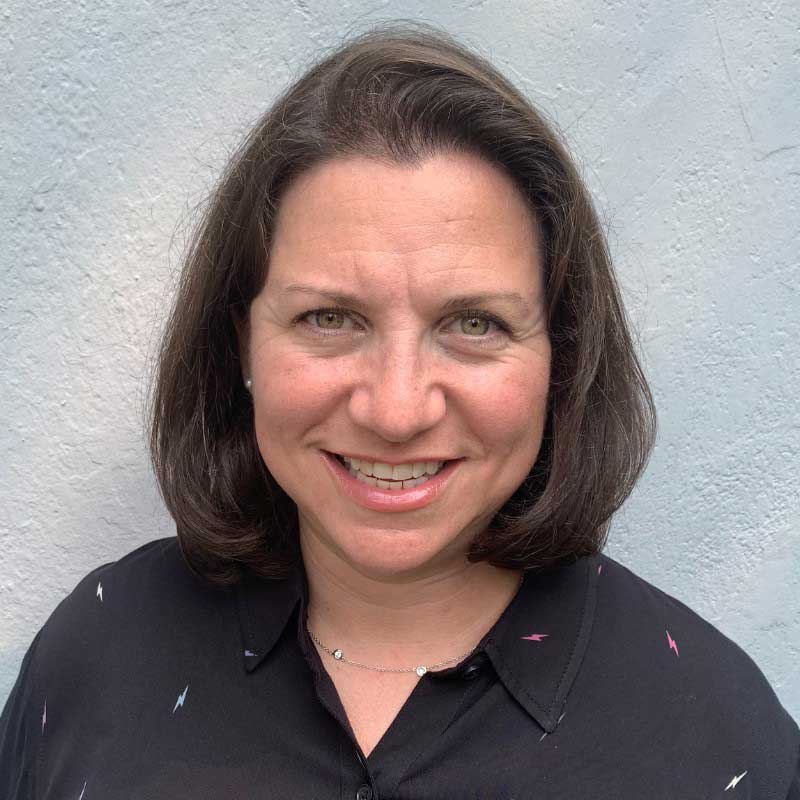Your MBA Plan for the Next Two Months

This year’s MBA applications will be released by the schools sometime in June or July (on average). So what can you be doing now? A lot. If you start now, then you can knock out some of the low hanging fruit and be ready to hunker down once the applications come out.
First thing’s first – if you haven’t taken the GMAT, get on that asap. And if you have a low undergrad GPA or GMAT, then you also need to start looking at online or local community college classes.
But what else can you be doing? Below we’ve laid out a high level plan that resembles what we use with many of our clients at this phase of the application process. Start early and we promise you’ll be happy you did!
- Resume: Don’t just copy and paste the resume you used to get your last gig. An MBA application resume is a little different. The main adjustments you should make involve a) removing industry-jargon (eg. “full stack”, “dry powder” etc); b) focus on accomplishments and leadership versus hard skills or tasks; c) ensure you’re covering the big things the adcom looks for (leadership, teamwork, communication skills, problem solving abilities, analytical skills etc). The resume is where I have most of my clients start thinking about how to describe their past experiences in a way that makes sense for a broader audience, because you never know the background of who will eventually read your application.
- Research: Thinking of applying to Kellogg? Hopefully you know all about the new building. At this point you have plenty of time to start researching things like this for your target schools in-depth. Googling and getting on their mailing lists are great first steps, but the best solution is always going to campus and/or speaking to an alum or current student. At the very least, use LinkedIn to find out who from your undergrad network went to your target schools and see if they’ll chat with you. Some schools will also set you up with current students if you don’t have colleagues or other means of getting in touch. It takes time to get more than just superficial knowledge of an MBA program, so start now. Those who have done their research and can be specific in their essays have a huge leg up.
- Recommenders: Start talking to your recommenders. Make sure they are ready and willing and very clear on how big of a commitment this will be. This is also a good time to mention how much prep material you’ll provide them to make the process just a little easier from their sides. A good recommender spends a lot of time writing concrete, glowing recommendations, so the sooner you can get them involved and ready, the better.
- Story: Still not totally sure “why” you want to go to business school, or what you want to do upon graduation? NBD. But you need to use the next few months to start figuring this out. Research. I have my clients start with a matrix of careers, industries or jobs they think they are interested in, then pro / con each one. This exercise forces you to get to know the post-MBA career paths, what’s realistic,and what may be more or less interesting to you. The next step is to layout the “why” behind each career path you are interested in – how does your past professional or personal experience relate to your chosen path? Having a good foundation for what you want will ultimately help you better draw the connection between your goals and why a particular MBA program is right for you.
I partner with applicants to elite MBA programs and associated dual-degree programs to put their absolute best foot forward in the admissions process. With my support, applicants communicate their unique stories in a highly intriguing manner to admissions officers. Clients quickly discover my passion for mentoring talent to reach maximum potential.



